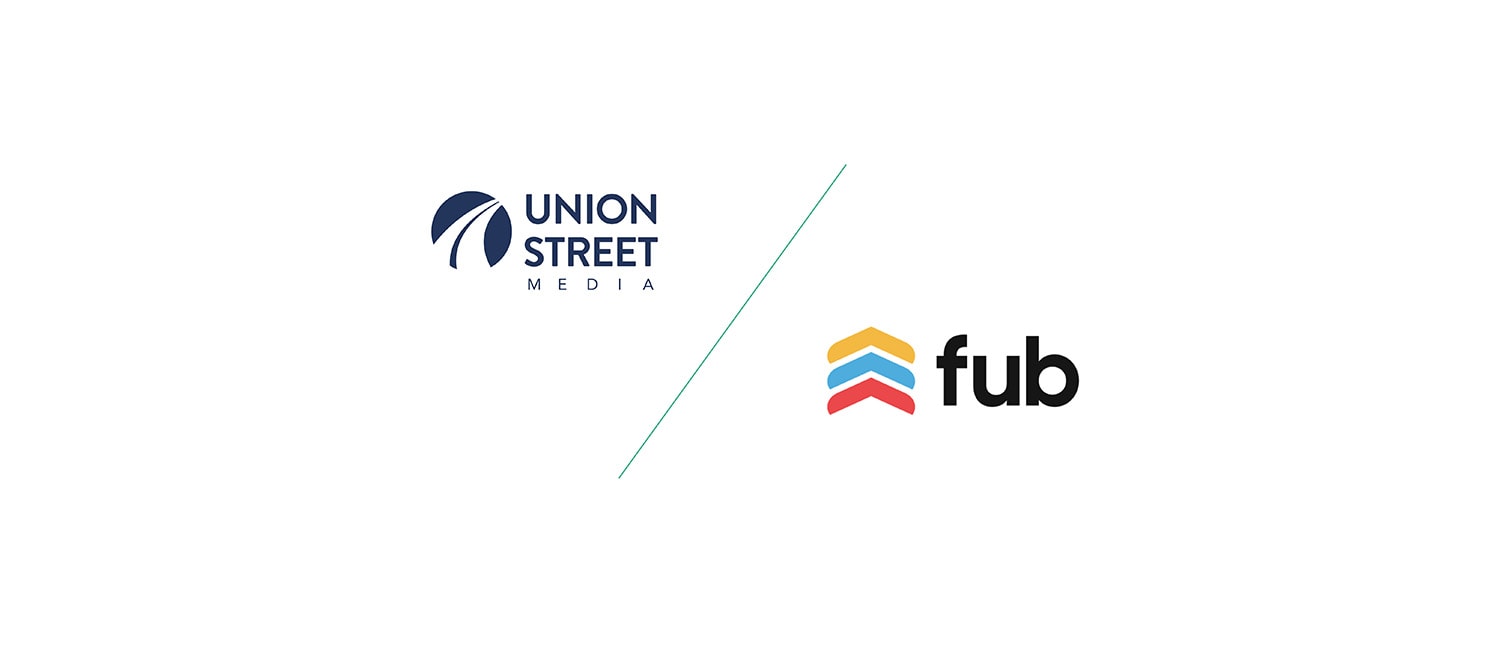Meet Lally Boright, Product Manager!
Today we’re featuring Lally Boright, our Product Manager, and discussing being a woman in tech, love for data, what goes into building tech products for real estate, and what it’s like working at Union Street Media.
Keep reading to meet Lally!
How did you end up in the tech world?
Growing up, I was always more of an ‘arts’ person: digital media, photography, and theater. My first job out of high school was in graphic design. But when I went to university, I wasn’t sure what I wanted to be when I grew up, so I decided to choose a flexible major that would allow me to get a job easily – math. At the end of my sophomore year, I took a computer science class as an elective and was hooked. I remember thinking: I can solve puzzles as a major?! And quickly tacked on a second Computer Science (CS) major.
Throughout university, I did a lot of freelance graphic design work. As I learned more about computer science, I was able to merge my creative and technical skills and started doing web development projects, and that brought me to my first role at Union Street Media as a production designer/web developer!
What has it been like for you being a woman in the tech industry?
In university, I was outnumbered in the classroom as the only female CS major in my graduating class. I got the sense that my classmates, who happened to be mostly male, were more comfortable and confident with CS concepts than I was in many of my classes, which sometimes made me wonder if I was smart enough for the major.
I now understand that this experience is not uncommon for women in the United States. Many men are exposed to computer science early in life here, whereas women are not, which makes the concepts that were brand new to me as a woman naturally more approachable to many men in my university classes, rather than a reflection of my intelligence or ability to be a good programmer.
In many cases, this can be a catalyst for women not pursuing the major long-term, which I can definitely sympathize with. This am I smart enough? feeling wasn’t new to me. I am dyslexic, which didn’t impact my day-to-day much after 8th grade, but meant I had spent years putting in a lot of extra work (with the encouragement and guidance of wonderful mentors and family!) to achieve a reading level that came easily to a lot of my peers. So by the time, I felt a similiar feeling in university, it was nothing new, and thanks to those who helped me succeed in my early school career, I knew that with a bit of extra time and work, I could learn what was coming easily to my peers.
I have always had wonderful co-workers in my professional career, and I’ve never felt my gender was relevant to my day-to-day work or career trajectory, which I am so thankful for.
Where does your love of data come from/why do you love it?
As a math major, I learned to love numbers early. In 2018, I saw a data journalist Mona Chalabi speak in Pittsburgh, PA, about how she uses data and data visualizations to help her readers better understand the world around them. Her work sparked my interest and passion for using data and visualization techniques to clarify marketing optimization and performance analysis at Union Street Media. You shouldn’t have to be a data scientist to understand data; intentional visuals and messaging based on data help us achieve that.
Now that my work is focused on product management and development, my love of data continues as I use it every day to understand how people use our products and consequently make decisions about the future of our products.
How important is looking at data when building or improving products?
When creating a new product or evaluating ways to improve an existing product, it’s helpful to think carefully about the data that will help you understand how people interact with your product (think: users, page views, clicks, scrolls, etc). Measuring and experimenting with the right data points can help you determine the success of certain functionality and/or potential opportunities for improvement. It can never replace the feedback from the people using your product but is an essential tool to supplement user feedback.
For the real estate industry specifically, where do you see technology going? What opportunities are there?
There is so much amazing technology available to real estate professionals right now. Rather than trying to create one-size-fits-all solutions, I see a lot of companies focusing on a niche where they can excel and produce software that solves specific needs for a specific type of user. I think the options are amazing, as each agent/broker/staff member has unique needs.
The limiting factor here is that it takes time to onboard and manage all of these different platforms. To me, the big opportunity we have as tech companies in the real estate industry is to support ease of integration between different products so that our clients can seamlessly mix and match technology solutions that work best for their business rather than trying to squeeze into a one-size-fits-most solution.
What drew you to Union Street Media?
I’ve been at USM for 9 years, so I’ve seen many team members come and go, but it has always been the people from the start. Our company culture attracts employees who are passionate, skilled, and accountable for their work, authentically themselves, and respect their work-life balance. Most weekdays, I spend more time talking to my co-workers than my family, so I value the awesome personalities at USM.
What’s the best part about being the Product Manager here?
First, I love collaborating with so many different people: teams within the company, clients, and vendors. It is a lot of fun. Second, I have always had a passion for efficiency. Building tools to make our client’s businesses more efficient and effective so they can focus on relationships with clients is truly satisfying to me.
Do you have any advice for people looking to get into or grow in a leadership/product manager role?
For me, I never focused specifically on being a leader. I have always focused on what I liked doing and looked for opportunities to do more of those things within the company. Over time, slowly narrowing my focus allowed me to have a lot of passion for the work I had chosen and that helped me become a product leader here naturally.
I was able to do this in large part because of feedback and guidance from teammates and leadership within the company over the years. So whether your goal is leadership, product management, or just evolving your career I’d encourage everyone to explicitly express interest in things that excite you to others at the company, reach out to co-workers for advice and feedback on your work, and share your goals with your manager so they can help you grow in your career (or even share confusion about your goals, if you’re not sure what they are yet!).











